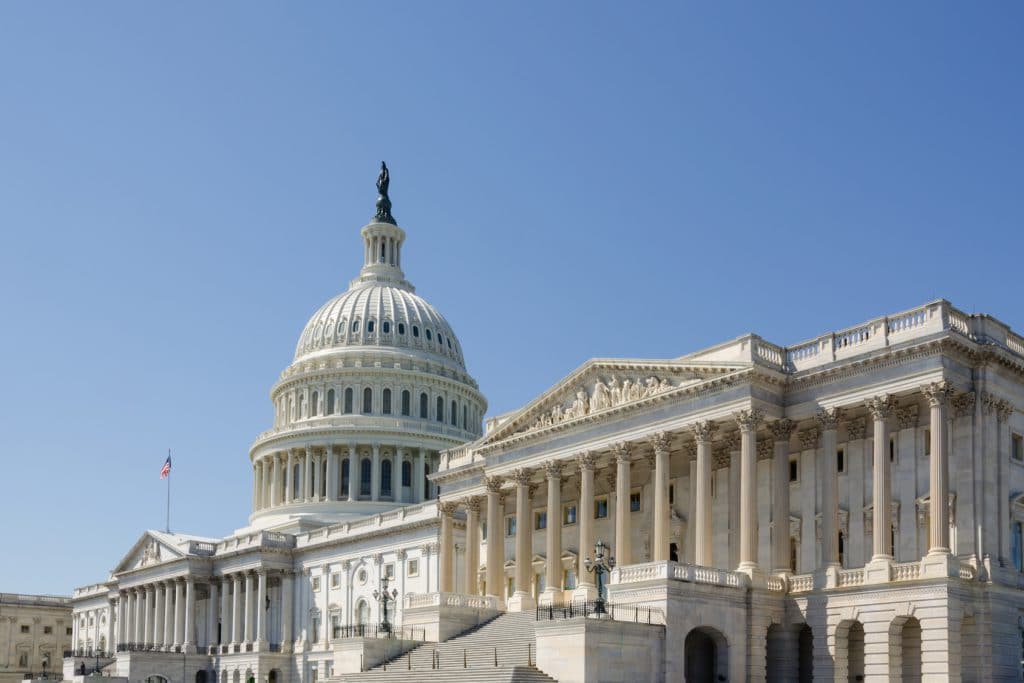Since its early days, the Alliance has supported the vital research at the National Institutes of Health. Today, this support continues.
Alliance Statement on FY 2018 White House Proposed Budget on NIH, FDA, CDC
Published May 23, 2017

May 23rd, 2017 – Alliance for Aging Research (Alliance) President and CEO Susan Peschin, MHS, has issued the following statement in response to the White House’s proposed Fiscal Year 2018 budget:
The Alliance for Aging Research is deeply concerned about the proposed funding cuts to the National Institutes of Health (NIH), the U.S. Food and Drug Administration (FDA), and the Centers for Disease Control and Prevention (CDC) in the White’s House’s Fiscal Year 2018 budget. These extreme cuts—18 percent at NIH, 31 percent at FDA, and 17 percent at CDC—will imperil the health of millions of Americans, by delaying medical research and access to life-saving treatments and endangering biomedical security both here and abroad. The 2018 budget further jeopardizes patient safety by eliminating the Agency for Healthcare Research and Quality (AHRQ) and folding AHRQ’s responsibilities into the NIH’s research portfolio.
The cuts at NIH, $5.8 billion in total, are unprecedented and disgraceful. Just when we are approaching breakthrough discoveries for many major chronic and infectious diseases, the administration proposes to cut progress at its knees. The reference to ‘overhead expenses’ is really just a strawman to cut overall funding, and this will translate into cuts in research at many academic research labs throughout the nation.
The drastic cuts at the FDA are equally troubling. The administration’s proposal that the 31 percent shortfall be made up by an increase in industry user fees is as impractical as it is unrealistic. The biopharmaceutical and device industries already provide substantial support to the FDA for its regulatory work on medical products. Reducing FDA’s public funding by a third will erode confidence in the agency’s independence from industry and fail to adequately support important activities that fall under the FDA’s purview to protect the food and drug supply. Additionally, the user fee reauthorization process is almost concluded, and the fees were negotiated months ago.
We are thankful that the U.S. Congress has maintained its strong commitment to medical research and public health, as evidenced by the enacted FY 2016 and FY 2017 appropriations and forceful responses to the administration’s calls to delay implementation of the negotiated FDA user fee agreements. We are confident that common sense will prevail in FY 2018 and look forward to working with them to keep research and innovation as top national priorities.
